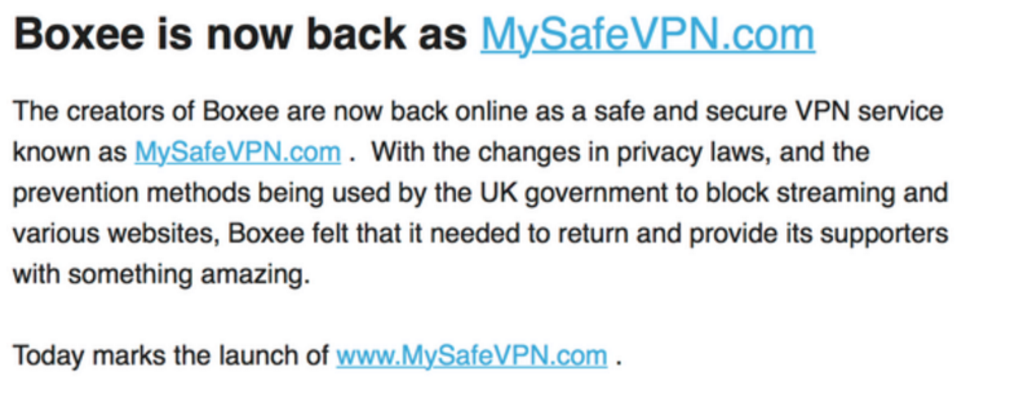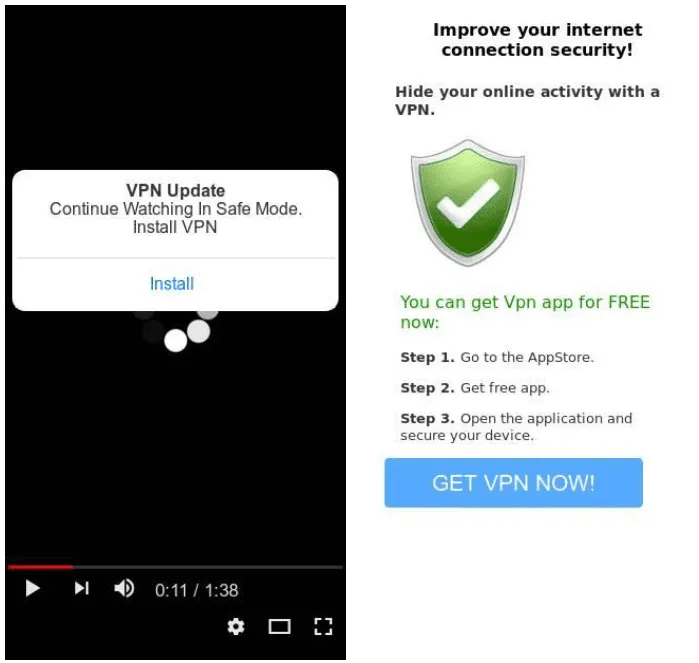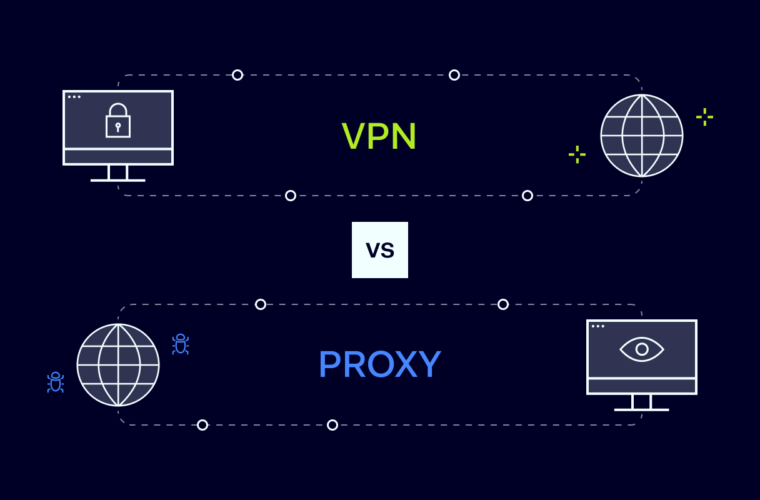Are you considering getting a VPN to protect your online privacy and security? Before you do, make sure you are well-informed about the most shocking VPN scams out there. With the rising popularity of VPNs, it’s no surprise that fraudsters are looking to exploit this trend. From fake VPN apps that steal your personal information to deceptive pricing tactics and misleading claims, these scams can waste your money and put your sensitive data at risk. Armed with the knowledge of these scams, you can make an informed decision before trusting a VPN provider with your online activity. So, avoid falling prey to the tricks and traps set by these unscrupulous operators.
Understanding VPN Scams
Virtual Private Networks (VPNs) have become necessary in today’s online world. They provide anonymity, bypass geo-restrictions, and add an extra layer of security. But, as with any technology, VPNs are not immune to scams.
VPN scams range from simple bait-and-switch tactics to sophisticated schemes that can cause significant harm. They can be designed to steal personal information, inject malware into your devices, or trick you into paying for non-existent services. The aim is to exploit your trust in the VPN provider to protect your online activity.
The most shocking part is that seemingly legitimate companies often carry out these scams. These companies use clever marketing tactics, promising high-speed connections, advanced security features, and complete anonymity. However, once you sign up, these promises are nothing more than smoke and mirrors.

Most Common VPN Scams in 2023
One of the most common VPN scams we have seen throughout this year is the fake VPN app. One example of this was MySafeVPN. These apps appear legitimate and often have convincing reviews. However, instead of protecting your online privacy, they steal your personal information or infect your device with malware. Some even use your device’s resources to launch cyber-attacks on other networks. (Take a look at the VPN warning list).
Another prevalent scam is the free VPN scam. While some legitimate free VPN services exist, many are scams in disguise. They lure users with the promise of free service, only to monetize their personal data or bombard them with intrusive ads. Some free VPNs even sell user data to third parties without their consent. One team of researchers published a study of free Android VPN apps and found that 84% will leak your real IP address, 82% attempt to access your sensitive data (user accounts, text messages), 75% utilize third-party tracking, 38% contain malware (malware, trojans, malvertising, riskware, spyware) to steal or damage your information; 18% don’t even encrypt your data, and 16% steal user bandwidth.
Another common scam is the no-log policy for VPNs. Many genuine and fake VPNs claim they don’t keep logs, making it tricky to discern the truth. That is why you must always scrutinize the fine print and service contract to identify malicious practices. Some misleading VPNs might log your online activities, IP, and even personal data, undermining the VPN’s purpose. However, if a VPN mentions data collection, it could be for service improvement, not tracking your activities. Always go for VPNs with RAM-based servers for extra safety, and be cautious with VPNs from the 5/9/14 Eyes Alliance countries, as they might share data with authorities.

Impact of VPN Scams on Users
The impact of VPN scams on users can be devastating. The most immediate effect is financial loss. Users may end up paying for services they never receive or be trapped in expensive contracts with hard-to-cancel clauses.
However, the financial loss is just the tip of the iceberg. VPN scams can also lead to significant privacy breaches. Personal information, such as credit card details, social security numbers, and browsing history, can fall into the wrong hands. This information can be used for identity theft, blackmail, or other nefarious purposes. In addition, malware introduced through fake VPN apps can cause damage to your device or network. It can slow down your system, corrupt files, and even give hackers control over your device. The damage can be extensive and costly to fix.
How to Identify a VPN Scam
Identifying a VPN scam can be challenging, especially with the increasing sophistication of these schemes. However, there are several red flags to look out for.
Firstly, be wary of free VPNs. While there are some legitimate free services, most are not truly free. They may sell your data or bombard you with ads. If a VPN is free, it’s essential to read the terms and conditions carefully to understand what you’re signing up for.
Secondly, watch out for VPNs that don’t have clear privacy policies. A legitimate VPN provider should be transparent about how they handle your data. If a VPN provider is vague about their data handling practices or doesn’t have a privacy policy at all or protocols in place, it’s a red flag.
Finally, do your research. Check out independent reviews and rankings for the VPN you’re considering. Look for consistent complaints about the service, as these may indicate a scam.
Always be wary of deals that seem too good to be true. If a VPN provider offers a service at a significantly lower price than its competitors, it may be a scam. Remember, if it sounds too good to be true, it probably is.



